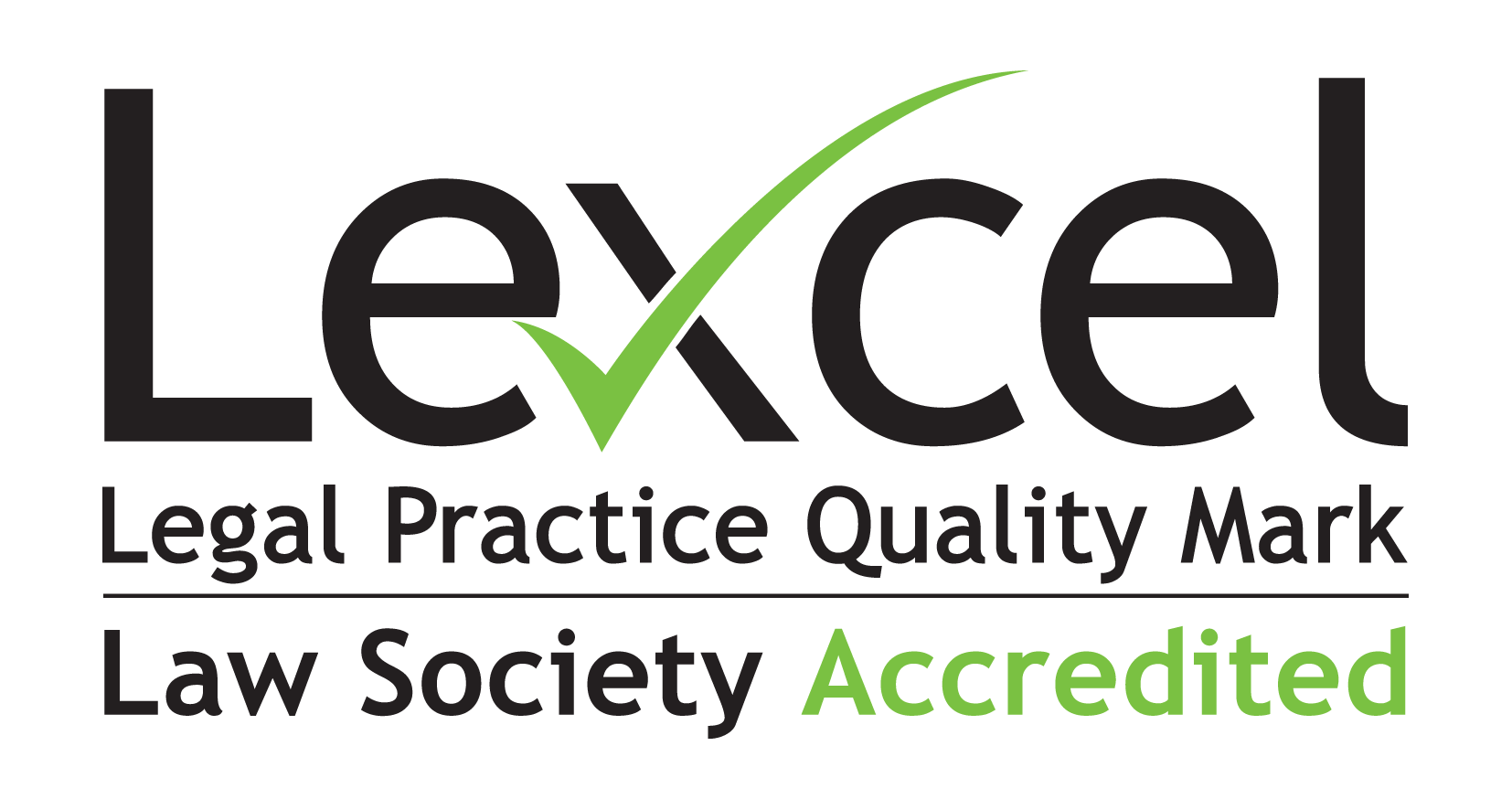Following the Grenfell disaster in 2017, cladding has come under close scrutiny with surveys being carried out as a priority in buildings across the UK. The failure to comply with Building Regulations (Part L1A 2010), which provides a framework for ensuring that no overheating issues are created as a result of works undertaken, is clearly quite widespread and the need for remedial action in such cases is clear.
However, the question that has arisen with regard to the rectification of such defects is whose responsibility it is to meet the often very considerable cost.
That issue was recently addressed by the First-tier Tribunal (FTT), which considered who should pick up the bill for making 95 flats safe. The owner of the building is a major building group. Following a survey by the London Fire Brigade, repair works were specified which will cost nearly £500,000 and it was recommended that fire marshals be retained to patrol the blocks at an annual cost of more than £250,000.
If the cost of the fire marshals was a cost 'reasonably incurred' by the landlord, it would be recoverable from the tenants under their leases (£50 per week per flat). In addition, it was argued that the cost of the cladding was also recoverable from the tenants through their service charges.
The FTT concluded that the cost of the fire marshals was reasonable and that as it was in compliance with the Fire Service's advice, it was properly recoverable from the tenants.
The cladding cost was also reasonable, especially given the short timescale in which replacement was sought. In this case, the landlord was required to make good any inherent structural defects and to maintain the premises in 'good and substantial repair'.
Both of these costs stand to be met by the tenants under their leases by way of the service charges.
Bearing in mind the burden this will place on the tenants, an appeal is expected.





